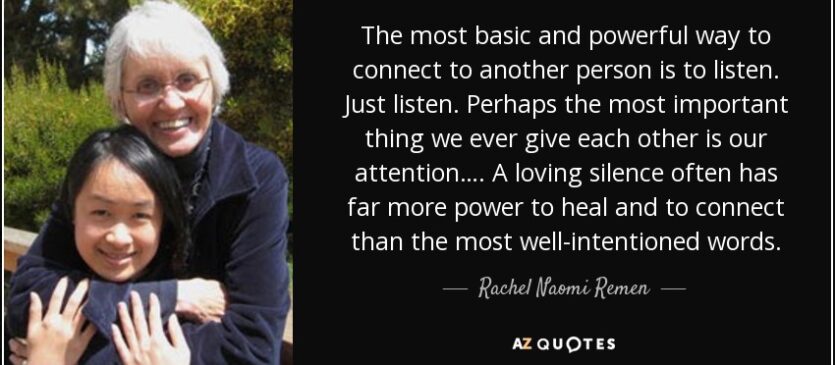Kitchen Table Wisdom
By Jo Strausz Rosen
Rachel Naomi Remen, M.D., is a clinical professor of Family and Community Medicine at the University of California San Francisco School of Medicine and founder and director of the Institute for the Study of Health and Illness at Commonweal. She is one of the earliest pioneers of holistic and integrative medicine, and as a medical educator and reformer, Dr. Remen has trained many thousands of physicians to practice healing from the heart. Her groundbreaking curriculum The Healer’s Art (HART) is taught in nearly half of America’s medical schools. Dr. Remen has had Crohn’s disease for more than fifty-three years, and her work is a unique blend of physician and patient viewpoints. Her 1996 book, Kitchen Table Wisdom, is heartwarming and offers healing, life-affirming stories. This beautiful book is filled with tales of shared experiences that reveal life in all its power and mystery reminding us that the things we cannot measure may be the things that ultimately sustain and enrich our lives.
Dr. Remen shares stories she collected from treating thousands of patients during her lifelong practice. She shows us that everyone matters, that we all have the power to listen, befriend and strengthen each other and that together we can change the world, one heart at a time. Her work in the healing arts changes lives and stands as a reminder of the life force connecting us to each other and to the universe. We learn how to be less afraid of suffering, knowing we can rely on each other.
Dr. Remen tells us that embracing life is a choice. She learned this daily noting her patients’ gratitude for growing older and embracing their gray hair, wrinkles, and all. Every chapter is a short story about a patient’s willingness or unwillingness to accept, to live, to grow, to change. I learned from reading this that Carl Jung sometimes worked with his patients by asking them where they had been just before they came to his office. Were they caught up in the mundane and ordinary activities of shopping for food, driving a car, buying shoes? By carefully listening to them explain the way in which they did these things, asking thoughtful questions and uncovering automatic and habitual responses, Jung would clarify a person’s entire way of living, its strength, and limitations. The way in which we go to the grocery store may tell us everything about the way we live our lives. The way we tend the life force of our plants may be the way we tend our own life force. Do we hover and overwater or forget to feed and starve them? Healing requires a certain willingness to look at our own patterns of existence, to listen to ourselves, and our bodies, and to respond with what is needed.
I picture our JSL residents as the characters in Dr. Remen’s book. Grappling in their own ways with life, family, health decisions, success, and loss, and ultimately acceptance. We all develop our own kitchen table wisdom, gleaned from years of learning, living, listening, and talking with our family and friends. We often ask our Sages at JSL, “What is your best advice for living well?” Our residents respond: “Enjoy a good afternoon nap.” “Keep company with good people.” “Avoid gossip.” “Turn off the news.” “Get regular exercise” and “Do something meaningful each day.” We can all gain from the “kitchen table wisdom” dispensed by those around us, as well as share our own with those we care about.
LIVE WITH US!





